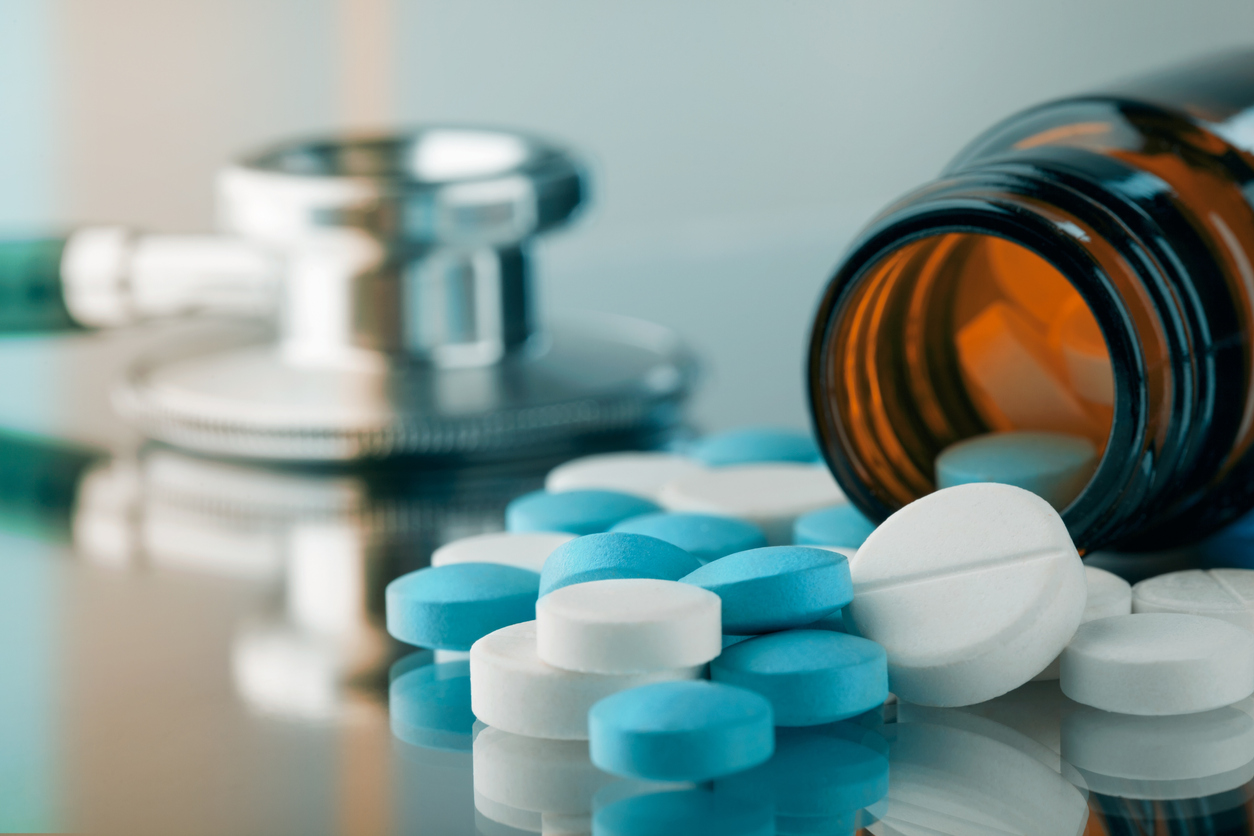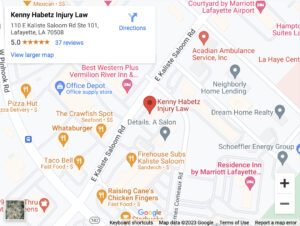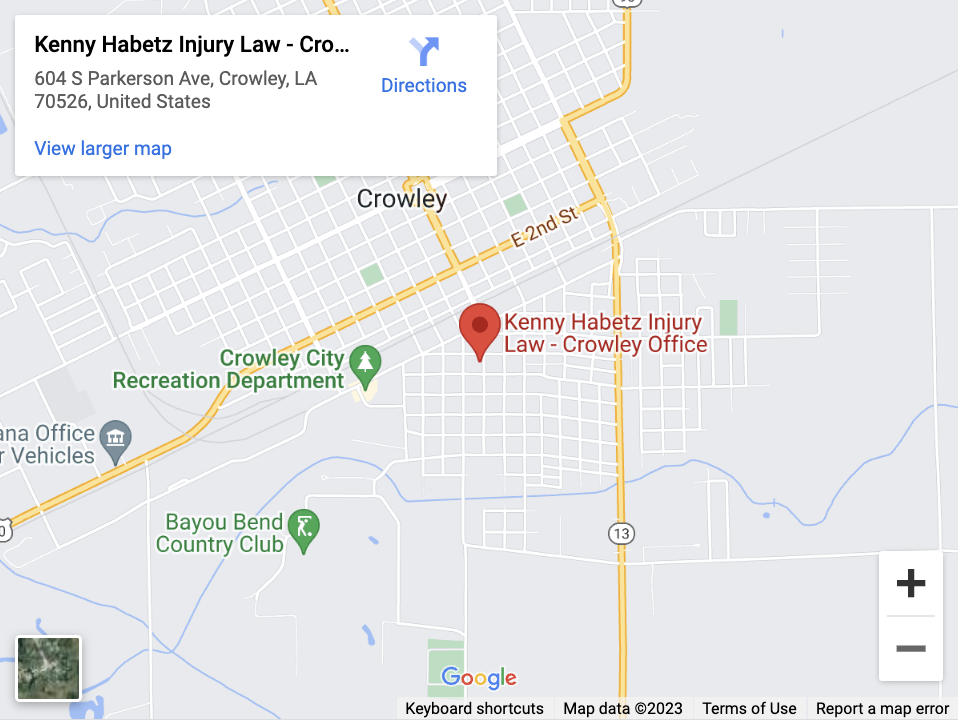Kenny Habetz Injury Law | August 4, 2025 | Product Liability

When a medication poses a health risk or fails to meet quality standards, it may be recalled to protect the public. Drug recalls can be initiated by the manufacturer, requested by the U.S. Food and Drug Administration (FDA), or mandated by the FDA.
Some recalls are urgent and life-saving, while others address relatively minor issues. The FDA classifies drug recalls into three main categories based on the potential consumer risk.
1. Class I Recall (The Most Serious)
A Class I recall occurs when there is a reasonable probability that using a drug will cause serious health problems or death. These recalls are reserved for the most dangerous situations, where exposure to the product could result in life-threatening consequences.
Examples of situations leading to a Class I recall include:
- A medication contaminated with harmful bacteria or toxins
- A drug with incorrect dosage information that could lead to overdose or underdose
- A mislabeled medication that contains a completely different active ingredient than stated
Class I recalls require immediate action. Patients may need to stop using the product immediately, contact their healthcare provider, and seek alternative treatments. The FDA typically issues public warnings, and healthcare professionals receive direct notification to ensure the drug is removed from circulation as quickly as possible and no further injuries occur.
2. Class II Recall (Potential for Temporary or Reversible Harm)
A Class II recall occurs when a drug may cause temporary or medically reversible health problems. These recalls are important for patient safety. However, they generally do not pose an immediate threat of severe harm or death.
Common reasons for a Class II recall include:
- Manufacturing defects, such as improper labeling or incorrect expiration dates
- Slight contamination that is unlikely to cause serious harm
- Packaging errors that might lead to minor dosing issues
Class II recalls still require consumers to stop using the affected medication and return it to the pharmacy or manufacturer. Using the drug could still lead to side effects or reduced effectiveness.
3. Class III Recall (Minimal Health Risk)
A Class III recall is issued when a drug is unlikely to cause any adverse health effects, but it still violates FDA labeling or manufacturing regulations. These recalls are often precautionary and may be related to product quality, compliance, or marketing issues rather than safety.
Examples of Class III recalls include:
- A printing error on the packaging that doesn’t affect dosing instructions
- A product that fails to meet minor FDA labeling requirements
- Slight variations in product appearance that do not impact safety or effectiveness
Class III recalls are important for ensuring compliance with FDA standards. Manufacturers typically correct related issues and offer consumers a replacement product that meets all regulatory requirements.
How Drug Recalls Are Reported
When a recall is issued, the FDA posts it on its Drug Recalls webpage and often collaborates with manufacturers to distribute press releases and healthcare provider alerts. Pharmacies may contact patients directly if they have filled a prescription for a recalled drug.
In urgent cases, such as Class I recalls, the FDA may issue public health advisories to ensure widespread notification of the recall. Patients should follow the instructions provided with the recall, which may include discontinuing use, returning the medication, or switching to an alternative prescription.
What to Do if Your Medication Is Recalled
If you discover that your medication is part of a recall, you should:
- Stop using it immediately if instructed, especially for Class I and Class II recalls.
- Contact your healthcare provider to discuss safe alternatives.
- Follow the return or disposal instructions provided by your pharmacy or the manufacturer.
- Check the FDA’s website for updates and confirm whether your batch or lot number is affected.
Taking quick, informed action after a medication recall helps protect your health, ensures you follow safety guidelines, and reduces the risk of serious side effects.
Contact the Lafayette Product Liability Lawyers at Kenny Habetz Injury Law for Help Today
If you suffered harm from a recalled drug, you may have a product liability lawsuit against the manufacturer or distributor of the product. An experienced Lafayette personal injury lawyer can help you understand your rights and legal options for recovering compensation. Contact Kenny Habetz Injury Law to schedule a free consultation to learn more.
If you’ve been involved in a product liability case, please call Kenny Habetz Injury Law for a free case evaluation with a Louisiana personal injury lawyer or contact us online. We have offices in Lafayette and Crowley, LA.
Kenny Habetz Injury Law – Lafayette
110 E Kaliste Saloom Rd Ste 101 Lafayette, LA 70508
(337) 399-9000
Kenny Habetz Injury Law – Crowley
604 S Parkerson Ave. Crowley, LA 70526
(337) 329-8883


